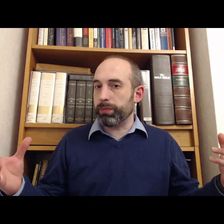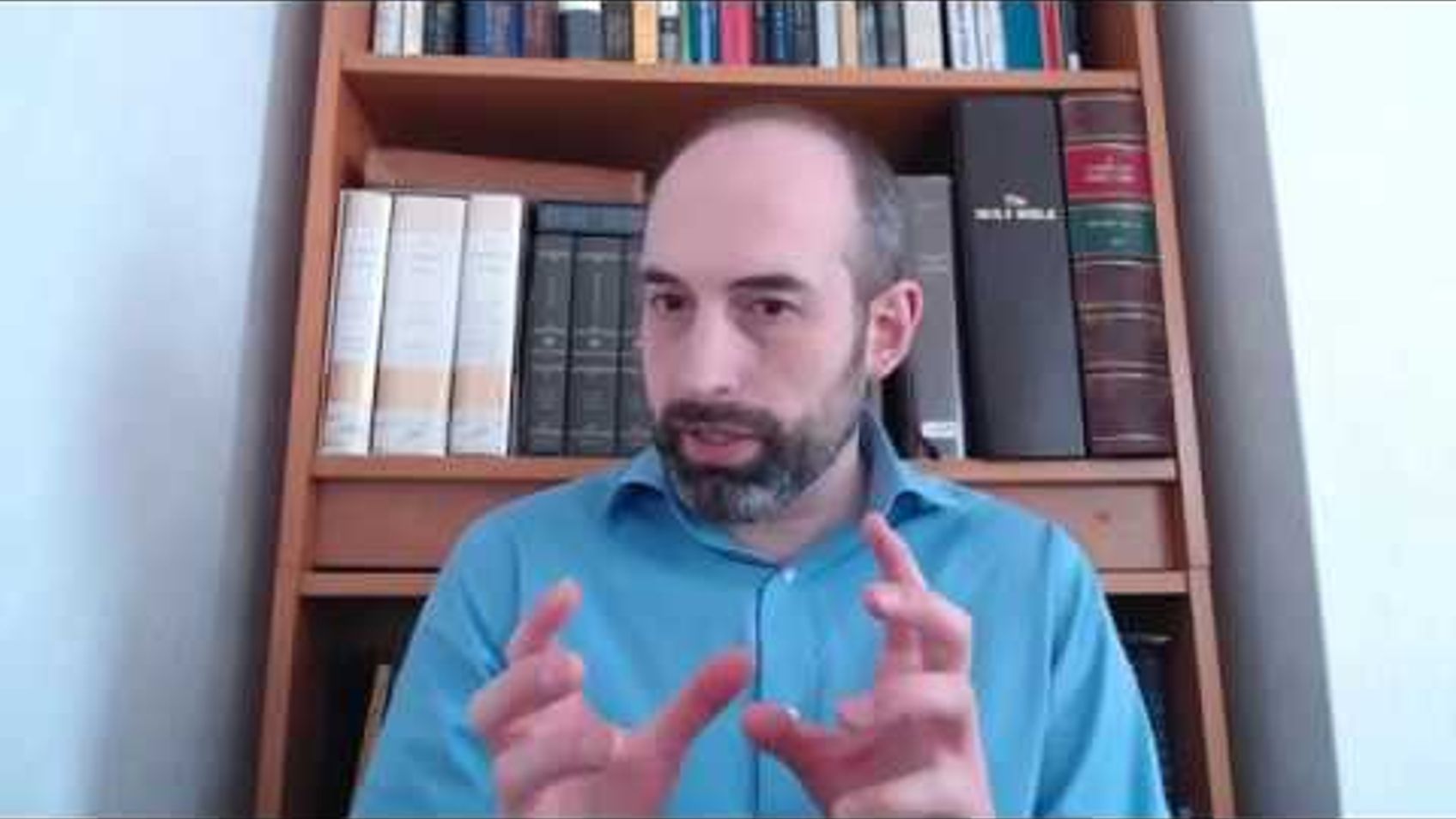Q&A#105 Numbering the Tribes

Today's question: "Could you clarify for lay readers of the Bible (who might be getting confused or forgetting things from one book to another) by giving an overview of how the tribes of Israel are numbered as twelve, and differences between how the tribes are numbered (or in how they are named) throughout the biblical narrative?"
See also my earlier video on the exclusion of Dan in Revelation 12: https://www.youtube.com/watch?v=6cUB0AagCBQ
My blog for my podcasts and videos is found here: https://adversariapodcast.com/.
If you have any questions, you can leave them on my Curious Cat account: https://curiouscat.me/zugzwanged.
If you have enjoyed these talks, please tell your friends and consider supporting me on Patreon: https://www.patreon.com/zugzwanged. You can also support me using my PayPal account: https://bit.ly/2RLaUcB.
The audio of all of my videos is available on my Soundcloud account: https://soundcloud.com/alastairadversaria. You can also listen to the audio of these episodes on iTunes: https://itunes.apple.com/gb/podcast/alastairs-adversaria/id1416351035?mt=2.
More From Alastair Roberts






More on OpenTheo















